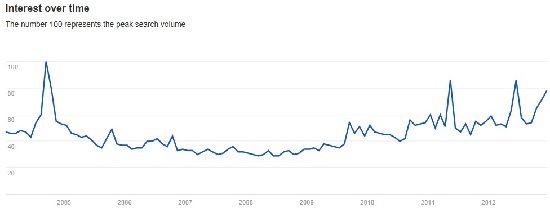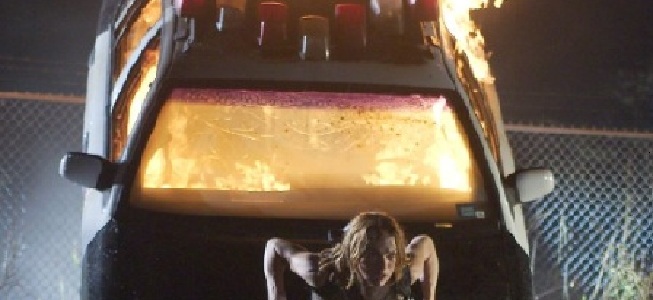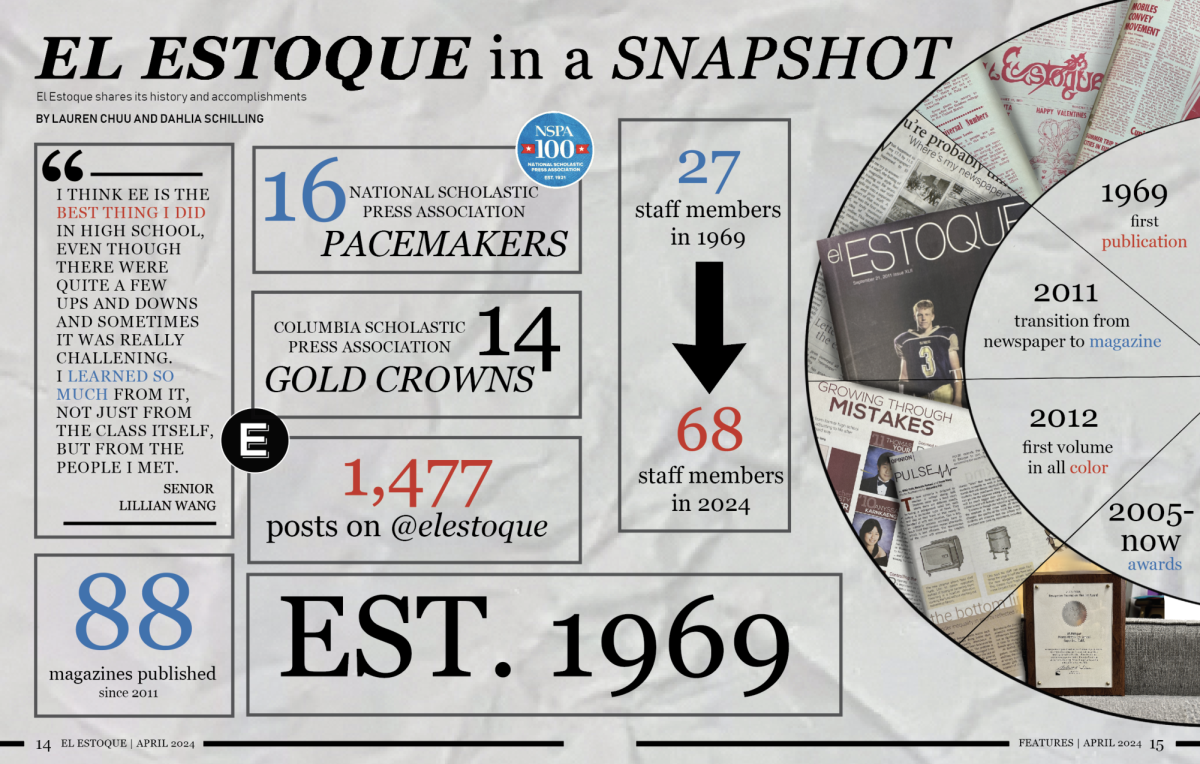The apocalypse, according to the Mayan calendar, is in 11 days. Yet it doesn’t seem to register on the calendars of most students.

Searches about the apocalypse peaked in September 2004, with the release of “Resident Evil: Apocalypse,” and May 2011 and June 2012 when the Edmonton Journal and Herald Sun said the apocalypse would not happen. Now, though the predicted date for the apocalypse is merely 12 days away, the buzz worldwide has petered out — and MVHS is no exception. The fact that people were more interested in the apocalypse eight years before it was due to happen may seem counterintuitive. However, taking one factor into account puts everything in perspective. The media has incorporated the theme of the apocalypse and popularized it through the likes of video games, songs, and movies. “People usually bring it up in a conversation when like something big about it gets found out. Like a new movie came out about it or it was mentioned in an article or TV show,” senior Rohit Saharoy said.
The morbid curiosity surrounding the apocalypse naturally began in America, where the entertainment industry was quick to capitalize upon the concept, and spread outward. However, the

apocalypse wasn’t manufactured by Hollywood — it existed for literally centuries before the industry decided to pick it up. It was around this time, with the release of Resident Evil: Apocalypse,” that America picked it up, too.
This point marked the beginning of nonacademic interest in the apocalypse in Google search history. Since then, apocalypse culture has evolved in fits and starts from films like “2012” (2009), to articles like Newsweek’s “Apocalypse Now: Tsunamis. Earthquakes. Nuclear Meltdowns. Revolutions. Economies on the Brink. What the #@%! is Next?”.
The interest in the apocalypse didn’t follow a chronological progression. Interest only spiked with the rise of media coverage. Many people only heard about the apocalypse through films like “Apocalypse Now” (1979) and from coverage in publications like Time magazine.
“I found out about the apocalypse by watching this TV show a long time ago,” Saharoy said. “Songs and movies definitely talk about [Dec. 21,] 2012 a lot, and I think as more people start to remember them, it spreads to their friends … Most of [my friends] just heard [about] it from other people.”
Freshman Peter Kim similarly found out about the apocalypse through word-of-mouth. In his case, it was via social networking site Facebook.
“People made little events like ‘I will survive the apocalypse!’ and dated them on Dec.21,” Kim said.
Even supposedly objective media, like the news, exercise bias by reporting on events they consider important, when they see fit. The task lies with people to decide for themselves what they believe is important, and when.
“I only remember watching one movie on the apocalypse, but I really don’t think they should influence people’s beliefs on whether or not the apocalypse is going to happen,” sophomore Nicole Phan said.





















